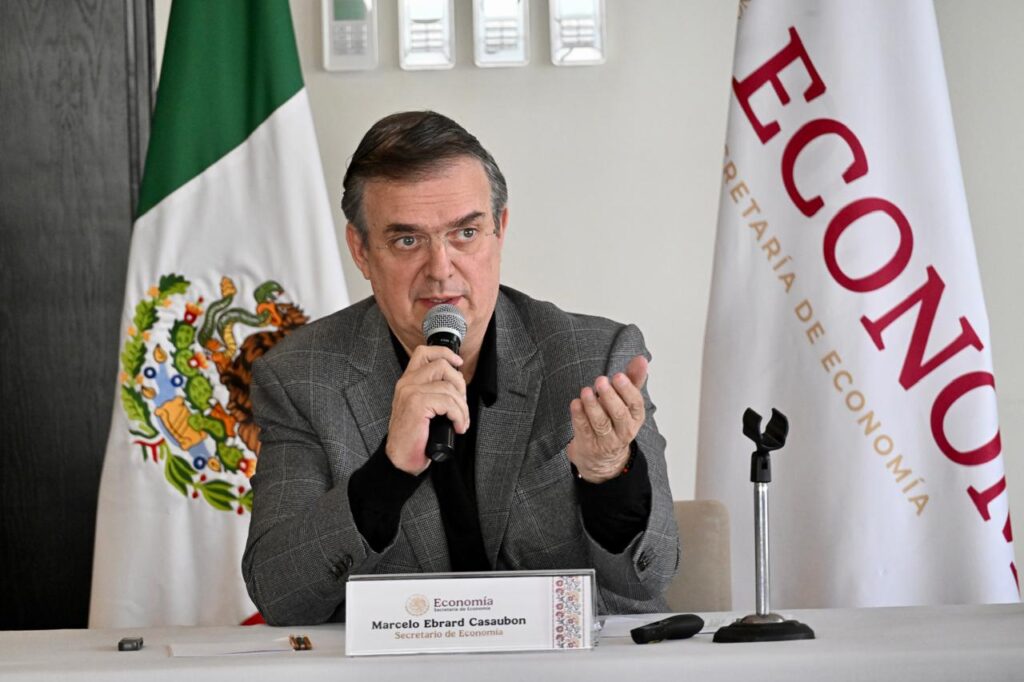Marcelo Ebrard, Mexico‘s Secretary of Economy, stressed that it is necessary to counteract the protectionist narrative about China and Mexico.
“The level of geopolitical conflict and tension is very different, it is much higher and there what we have to take care of is this protectionist narrative that says Mexico is the fifth column of China and is full of Chinese automotive industry plants, etc, when the only Chinese automotive plant, as far as I know, in North America is in Pasadena, California, and it is BYD,” said Ebrard at the end of last year.
Protectionist Narrative
Among other policies, U.S. President-elect Donal Trump,has suggested he may impose tariffs on imports from Canada and Mexico in response to cross-border migration and narcotics flows, designate Mexican drug cartels as foreign terrorist organizations, and seek to regain U.S. control of the Panama Canal.
In his first term as US president, Trump called for renegotiating the North American Free Trade Agreement (NAFTA, in force since January 1994), which resulted in a substitute treaty, the Treaty between Mexico, the United States and Canada (USMCA, in force since July 2020).
Now, about to begin his second term, Trump has communicated that he plans to impose general and nation-specific tariffs and will have to participate in the first review of the USMCA scheduled for July 2026.
Trade negotiations
“Let’s assume we were sitting down now with President Trump. I would say to him: What a great treaty you proposed, what a great negotiation. It is the best treaty that the United States has ever made in history,” said Ebrard, and then added: ”But also, I have the facts (facts); it is not because I say so.”
According to the U.S. Department of Commerce, the primary objective of trade agreements is to reduce barriers to U.S. exports, protect U.S. interests competing abroad, and improve the rule of law in the country or Free Trade Agreement partner countries.
“Objectively speaking, the whole relocation effort they are doing is going to benefit Mexico. “It is a factor that is growing and that counts, because it marks the limits of the renegotiation, negotiation or revision (of the USMCA). We put revision (in the text of the USMCA), but there are those who assume that it is going to open up more.” said Ebrard.

